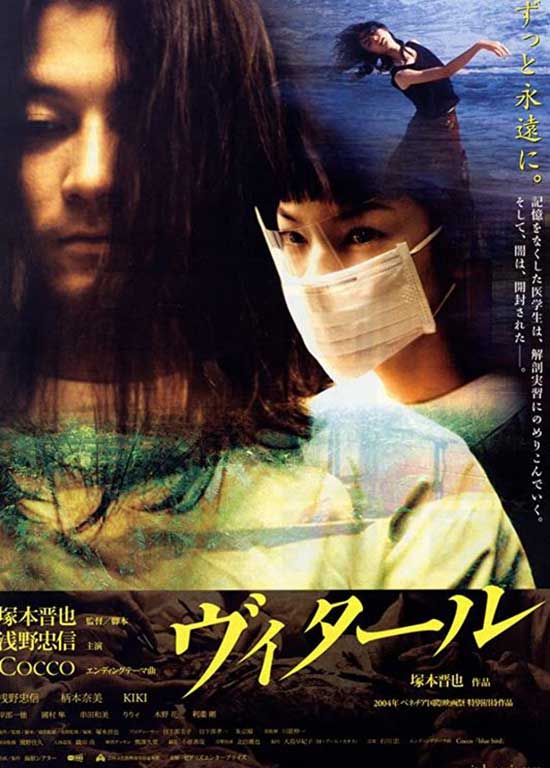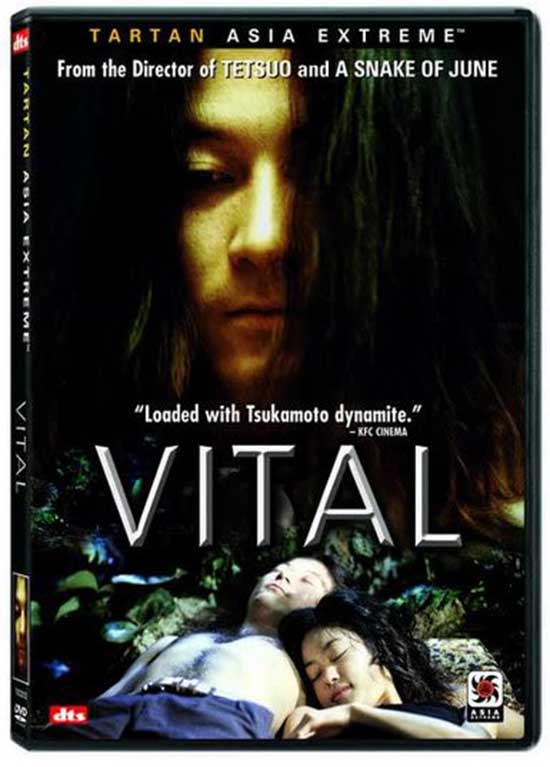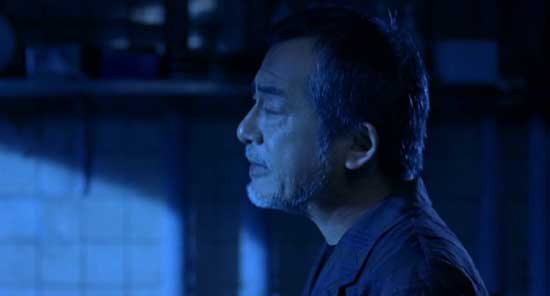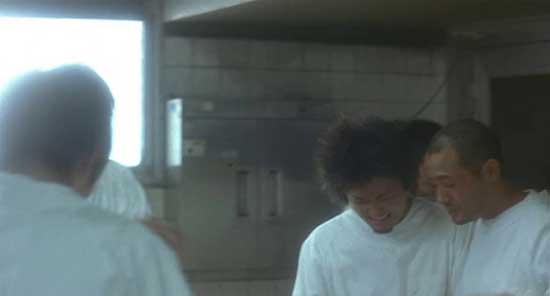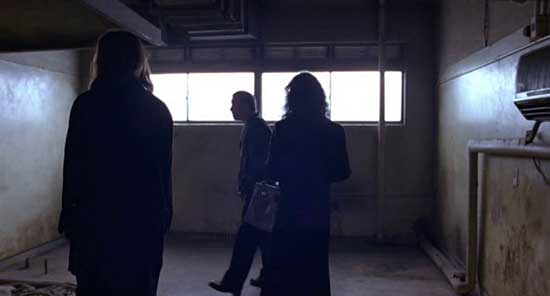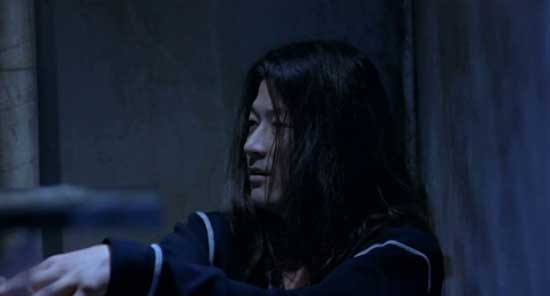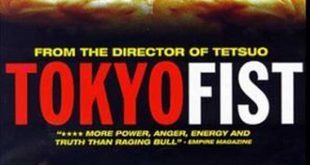SYNOPSIS:
After a tragic car accident where his girlfriend Ryôko Ooyama (Nami Tsukamoto) died, Hiroshi Takagi (Tadanobu Asano) suffers amnesia with his memories completely blanked. When he sees a book about dissection, he decides to join the medical school with the support of his parents. In the dissection class, his group participates of the autopsy of a young woman, and while cutting apart the tissue, he partially recalls his accident. Later, when he sees a tattoo in the arm of the corpse, he discloses that she was his girlfriend and becomes obsessed to go further in the examination of the body.
REVIEW:
Shin’ya Tsukamoto is a filmmaker that keeps surprising me. While I know he has over the years tackled a whole range of subjects and genres, I still find myself amazed by the way he manages to create something completely unexpected time and time again. Vital is a great example of this. It seemingly differs from any other Tsukamoto film in almost every possible way, yet when you dig deeper into it, you find that theme familiar from the other body of work, such as love, loss and obsession. It is by far the gentlest take on the themes that I have seen from him and certainly took a bit of contemplation to really get my head around, but it nevertheless moved me to tears.
A young medical student Hiroshi (Tadanobu Asano) and his girlfriend Ryoko (the ballet dancer Nami Tsukamoto, no relation) get into a car accident resulting in the tragic death of Ryoko. After waking up in the hospital, Hiroshi remembers nothing of the accident, Ryoko, or their life together. Only thing that seems to jog his memory are his old medical textbooks, reigniting his interest in medicine. Encouraged by this, Hiroshi returns to his studies and immerses himself with his past passion. While the class takes on a four-month long course on dissecting cadavers, Hiroshi finds himself reunited with his lost love in a way he could have never imagined and memories of the past return to haunt him.
While you may think that a film about a man dissecting his lost love will end up in some very dark places, that is not at all the case with Vital. Instead it is a gentle drama of a man lost in trauma and grief, trying to find his way back the only way he knows how. It is not a great dramatic comeback, but rather a gradual journey through memory and self-examination, leading him to once again recall the love he has lost, to say goodbye and to find forgiveness.
On a Tsukamoto scale Vital is an incredibly subdued affair. It moves on with a leisurely pace with no great drama, slowly revealing itself through the nonlinear storytelling. It completely lacks the kinetic energy that is so synonymous with his style of filmmaking and on the surface, it is almost impossible to recognise as a Tsukamoto production. However, like so many of his films it dives deep into the very essence of the human condition by examining some of the most powerful forces that rock our lives: love and grief.
But how do you grief when you cannot remember, and do you still love someone when they are but a faint whisper in your mind? These are the question in the centre of Vital and Tsukamoto delves into them the best way he knows how: through the physical form. While there are some grim shots of dead lifeless cadavers, the film does not linger on these parts or in any way revel in the gore of fully dissected human being.
Instead the focus is on Hiroshi’s intricate medical drawings (apparently inspired by the sketches of Leonard da Vinci) which he pens down with furious focus, helping him once again connect with Ryoko. As the memories of their shared life return, the cold, inanimate body is varied with images of dancing Ryoko bursting with life and youthful vitality and the sterile environment of a soulless dissection room makes way to beautiful landscapes of Okinawa, creating a fantastic contrast between then and now; life and death. The storytelling is fractured as always, leaving you lost at times, but as it so often the case with Tsukamoto films, somehow coming together in the end in a way that explains everything.
At first, I was not quite sure whether I liked Vital. In fact, I am still not. Nevertheless, I found myself incredibly moved by it. It may be far from conventional narration, even in Tsukamoto’s terms, and it does not have the same intensity as his previous works, but it burrowed deep into my mind and left me pondering on it for days. It’s beautiful, poignant piece of cinema with a powerful emotional impact; unconventional, yet masterful example of Tsukamoto’s work.
 Horror News | HNN Official Site | Horror Movies,Trailers, Reviews
Horror News | HNN Official Site | Horror Movies,Trailers, Reviews
